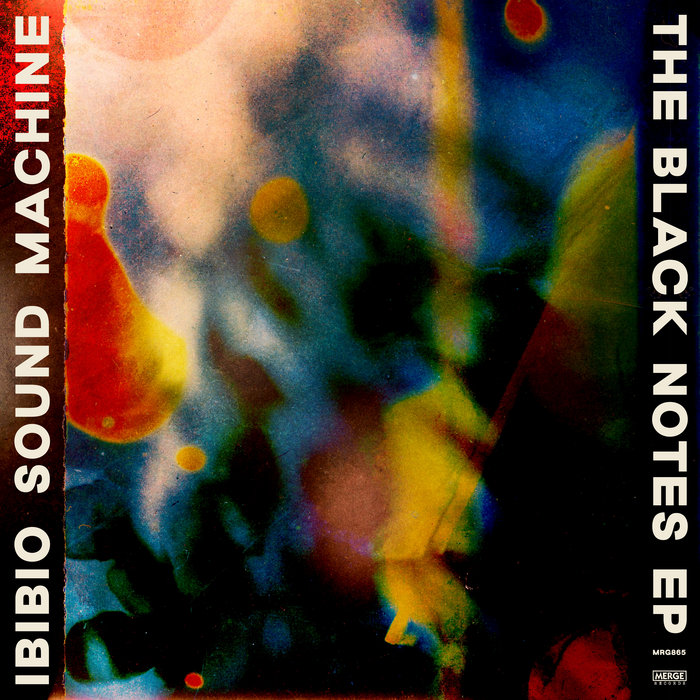
Black Notes – Ibibio Sound Machine
this blog is GROOVY – check out great Soul, Funk, Jazz, Hip Hop, Bass, Breaks , Reggae, House n many more TUNES
Nigerian music is like a vibrant tapestry, woven together with threads of culture, tradition, and innovation. Over the decades, it has evolved into a dazzling array of genres that not only reflect the nation’s diverse heritage but also impact global sounds. So, buckle up as we embark on this rhythmic journey through the history and hilarity of Nigerian music!
Let’s rewind to the beginning: Traditional music in Nigeria has been around for ages! Each ethnic group boasts its own unique sound—think drumming from the Yoruba folks or the melodious tunes of Igbo highlife. These styles laid down the foundation for what would eventually blossom into numerous musical genres.
But hold onto your hats—because in the 1960s, something extraordinary happened! Enter Fela Kuti, a man whose name became synonymous with Afrobeat. Imagine jazz-funk blended with traditional African rhythms; that’s Afrobeat for you! Fela wasn’t just about hitting those funky beats; he was also known to throw shade at political leaders through his lyrics. Talk about multitasking!
Fela had some wild performance rituals that could leave you chuckling! For instance, he often performed naked, claiming it made him feel freer. While some might call it avant-garde art, others were just scratching their heads thinking if they forgot to dress before coming on stage!
Fast forward to the ‘90s when Nigerian hip hop began shaking things up! Artists like Maintain, Plantashun Boiz, and later 2Baba (formerly 2Face) took center stage blending R&B vibes with local highlife influences—it was swagger city all around!
Remember “African Queen” by 2Baba? There’s an underground legend that whenever he performed it live without being paid upfront, he’d dramatically switch lyrics mid-performance to “I no get money o!” It always got laughs from fans who found his honest struggles relatable.
Now let’s talk about today’s scene—the rise of Afrobeats (notice how we dropped that ‘n’? Cool kids do!). With artists like Wizkid, Davido, and Burna Boy leading this sonic revolution globally, Afrobeats is all about catchy hooks layered over afrofusion rhythms. Get ready; these guys are establishing themselves on international charts faster than you can say “Omo Naija!”
In an attempt to prove his street cred while promoting one of his songs abroad (gotta get those streams!), Davido once jumped into a pool fully clothed at an event after someone dared him during a social media live stream. Who knew making waves meant literally making waves?
Nigerian musicians have been crushing collaborations left and right! Being part of duets isn’t new here—this trend dates back years but recently surged like never before thanks to global interest in Nigerian sounds.
Take Burna Boy teaming up with British singer Ed Sheeran on “Own It.” They created magic exploring cultural fusion—and probably causing minor chaos among fans trying their hardest not embarrassingly dance along at home.
Dance challenges are now staple trends associated with major hits—it’s practically mandatory these days! You’ve seen them online where people hilariously try out intricate dance moves made famous by songs like Wizkid’s “Joro.” Participating influencers risk falling off chairs or running into walls—all in good fun while putting their coordination skills under pressure!
The future looks bright for Nigerian artists aiming even higher every day—they’re headlining festivals worldwide bringing afrobeat vibes everywhere from Coachella stages straight back home again via countless TikTok videos going viral overnight.
So there you have it—a glimpse into this infectious heartbeat powering Nigeria’s rich musical landscape filled not only incredible talent but laughter too as musicians keep us entertained both musically—and comedically along every beat drop moment throughout history!
And so dear reader… whether you’re jamming out solo or dancing away at parties—you can appreciate how far these groovy tunes have come since they first hit our ears way back then till now soaring high above any genre expectations ever set before them where true creativity thrives naturally unapologetic forevermore.

Black Notes – Ibibio Sound Machine